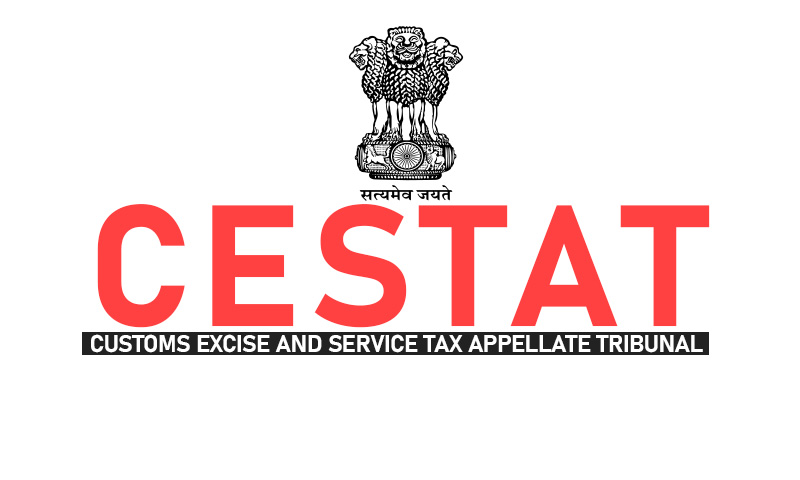Customs Brokers Not Liable Once Verification Of Address Is Completed: Delhi CESTAT
Mariya Paliwala
29 Jun 2024 3:05 PM IST

Next Story
29 Jun 2024 3:05 PM IST
The Delhi Bench of Customs, Excise, and Service Tax Appellate Tribunal (CESTAT) has held that the responsibility of the customs broker under Regulation 10(n) does not include keeping continuous surveillance on the client to ensure that he continues to operate from that address and has not changed his operations. The bench of Rachna Gupta (Judicial Member) and P. V. Subba Rao (Technical...
